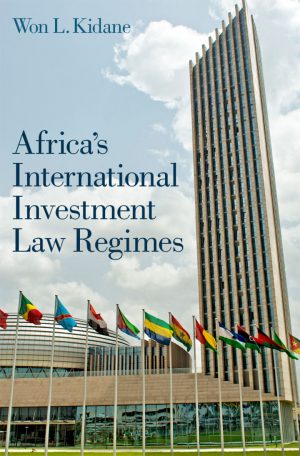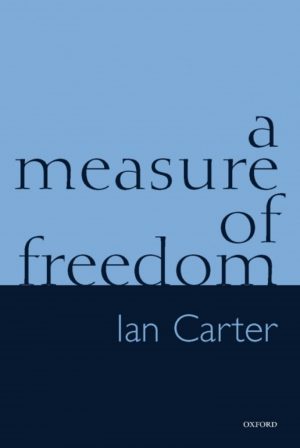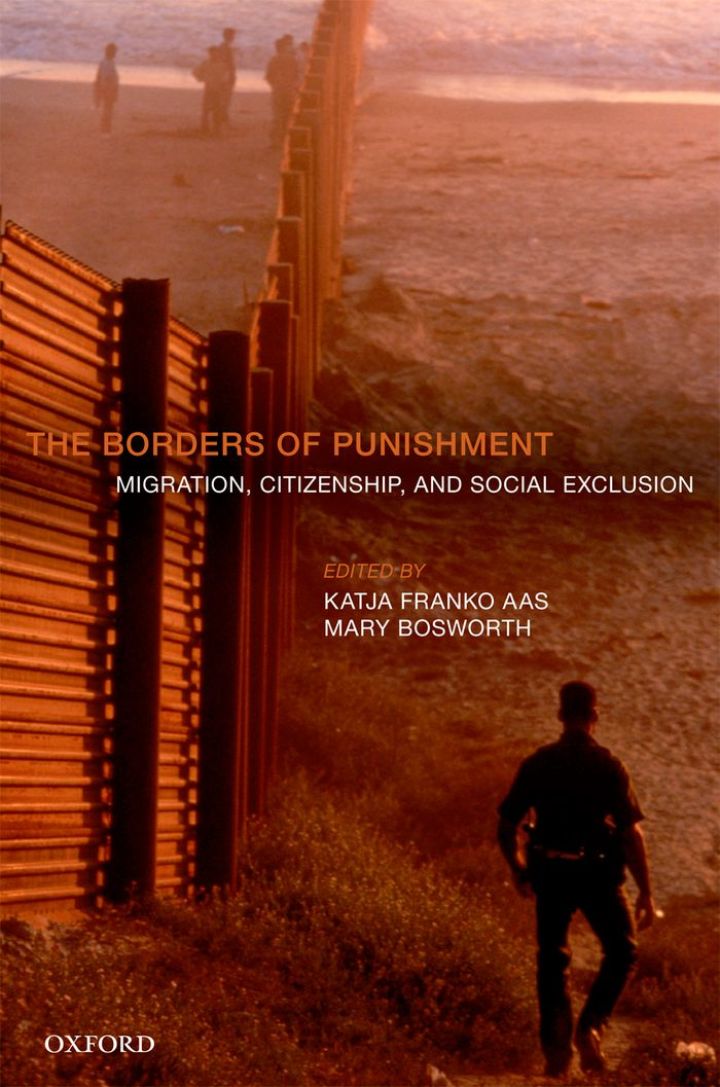The Borders of Punishment 1st Edition Migration, Citizenship, and Social Exclusion
$52.00
Attention: This is just ebook, Access Codes or any other Supplements excluded! / File Delivery: Sent Via Email within 24 hours!
SKU: ee3b7c87d62d
Category: Law Textbooks
Description
-
Author(s)Mary Francesca Bosworth; Katja Franko Aas
-
PublisherOUP Oxford
-
FormatPDF
-
Print ISBN
9780199669394, 0199669392 -
eText ISBN
9780199669394, 0199669392 -
Edition1st
-
Copyright
- Details
The Borders of Punishment: Migration, Citizenship, and Social Exclusion critically assesses the relationship between immigration control, citizenship, and criminal justice. It reflects on the theoretical and methodological challenges posed by mass mobility and its control and for the first time, sets out a particular sub-field within criminology, the criminology of mobility. Drawing together leading international scholars with newer researchers, the book systematically outlines why criminology and criminal justice should pay more attention to issues of immigration and border control. Contributors consider how ‘traditional’ criminal justice institutions such as the criminal law, police, and prisons are being shaped and altered by immigration, as well as examining novel forms of penality (such as deportation and detention facilities), which have until now seldom featured in criminological studies and textbooks. In so doing, the book demonstrates that mobility and its control are matters that ought to be central to any understanding of the criminal justice system. Phenomena such as the controversial use of immigration law for the purposes of the war on terror, closed detention centres, deportation, and border policing, raise in new ways some of the fundamental and enduring questions of criminal justice and criminology: What is punishment? What is crime? What should be the normative and legal foundation for criminalization, for police suspicion, for the exclusion from the community, and for the deprivation of freedom? And who is the subject of rights within a society and what is the relevance of citizenship to criminal justice?
Related products
-

Africa’s International Investment Law Regimes 1st Edition
Rated 0 out of 5$61.75 Add to cart -

A Measure of Freedom
Rated 0 out of 5$29.25 Add to cart -

Atrocity Speech Law Foundation, Fragmentation, Fruition
Rated 0 out of 5$43.88 Add to cart -

Challenges for Humanitarian Intervention 1st Edition Ethical Demand and Political Reality
Rated 0 out of 5$27.62 Add to cart

